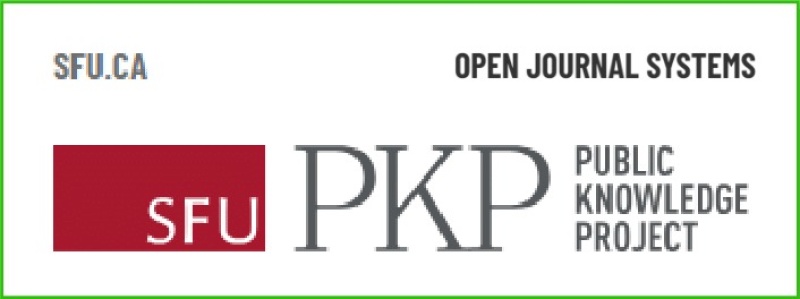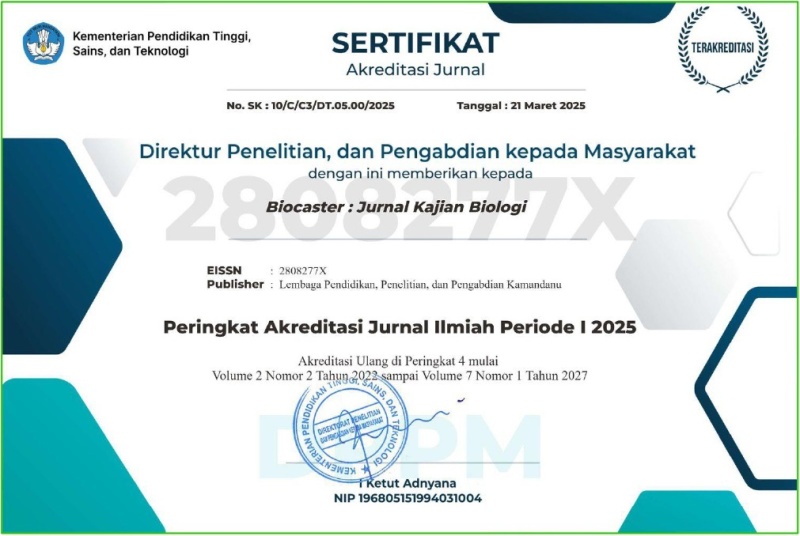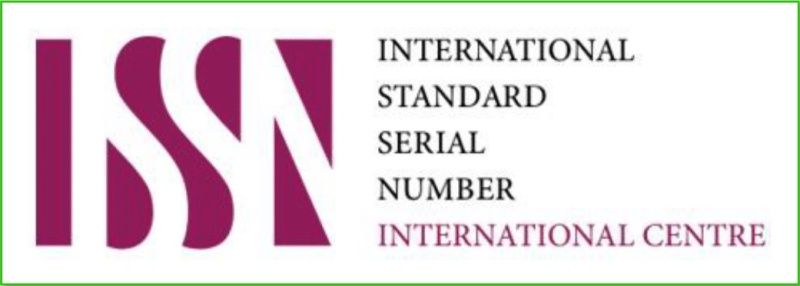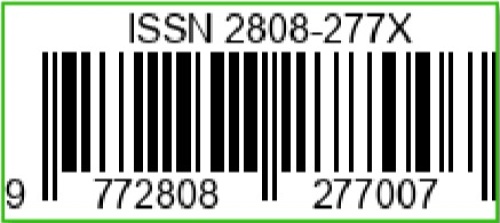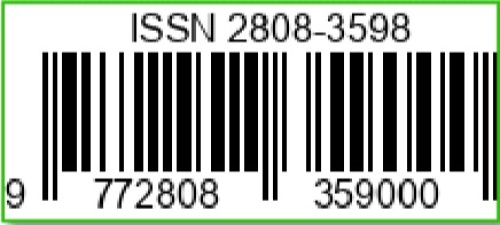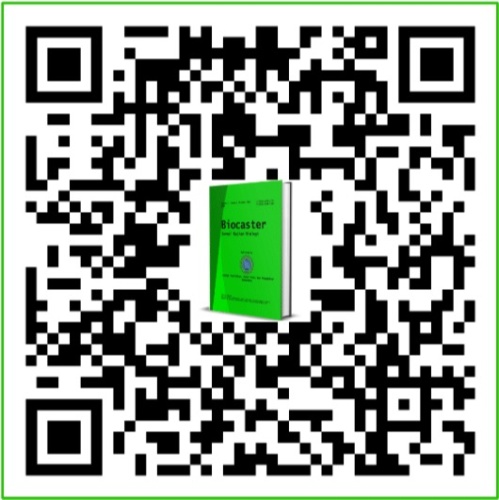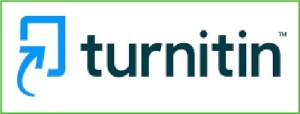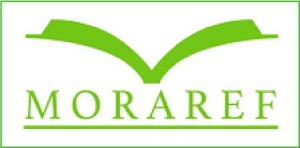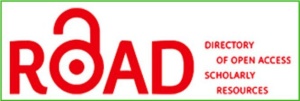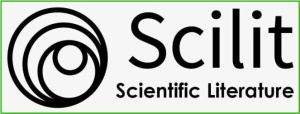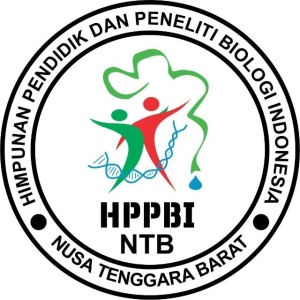Keragaman Jenis Mamalia di Kawasan Ekowisata Mangrove Cukunyinyi Kabupaten Pesawaran
DOI:
https://doi.org/10.36312/biocaster.v3i4.210Keywords:
Biodiversity, Mammals, Mangrove.Abstract
Mangrove ecosystems are important coastal ecosystems that provide a variety of functions. Mangrove ecosystems provide a variety of environmental services including absorbing carbon and contributing to climate change mitigation, protecting coastal areas from storms, tsunamis, and erosion. In addition to providing a variety of environmental services, these ecosystems are also habitats for a variety of living organisms, both aquatic and terrestrial, resident and migrant, also nationally and internationally protected species. The benefits provided by mangrove are contrast to the rate of degradation, which has the potential for loss of wildlife habitat and a decrease in biodiversity value, especially mammals. This study was conducted to analyse the value of biodiversity, especially mammals in the Mangrove Ecotourism Area, Pesawaran Regency. This study uses the method of line transects, mist nets, and sound identification. The results of the study recorded 6 species of mammals with a species diversity value (H') of 1.46, richness of 1.60, evenness of 0.72, and species dominance of 0.30. Mammal species diversity inside the ecotourism area is higher than outside the area. Protected mammals are not found in the area.
Downloads
References
[IPCC] The Intergovernmental Panel on Climate Change. (2019). The 2019 Refinement to the 2006 IPCC Guidelines for National Greenhouse Gas Inventories. Bangkok: IPCC.
Alongi, D. M. (2016). Climate Regulation by Capturing Carbon in Mangrove, In Finlayson et al. (eds): The Wetland Book. New York (US): Springer Publisher.
Andalisa, L., Rizaldi., & Nurdin, J. (2018). Estimation of Kapapa Bajing Population (Callosciurus notatus Boddaert, 1785) Family Sciuridae in Nagari Koto Dalam, Padang Sago, Sumatera Barat. Metamorfosa: Journal of Biological Sciences, 5(2), 210-213. https://doi.org/10.24843/metamorfosa.2018.v05.i02.p11
Asari, N., Suratma, M. N., Ayob, N. A. M., & Hamid, N. H. A. (2021). Mangrove as a Natural Barrier to Environmental Risks and Coastal Protection. Mangroves: Ecology, Biodiversity and Management, 13, 305-322. https://doi.org/10.1007/978-981-16-2494-0_13
Azimah, A. R., & Tarmiji, M. (2018). Habitat Requirements of Migratory Birds in the Matang Mangrove Forest Reserve, Perak. Journal of Tropical Forest Science (JTFS), 30(3), 304-311. https://doi.org/10.26525/jtfs2018.30.3.304311
Bennie, J. J., Duffy, J. P., Inger, R., & Gaston, K. J. (2014). Biogeography of Time Partitioning in Mammals. PNAS, 111(38), 13727-13732. https://doi.org/10.1073/pnas.1216063110
Eddy, S., Milantara, N., Sasmito, S. D., & Kajita, T. (2021). Anthropogenic Drivers of Mangrove Loss and Associated Carbon Emissions in South Sumatra, Indonesia. Forest, 12(187), 1-14. https://doi.org/10.3390/f12020187
Friess, D. A., Rogers, K., Lovelock, C. E., Krauss, K. W., Hamilton, S. E., Lee, S. Y., Lucas, R., Primavera, J., Rajkaran, A., & Shi, S. (2019). The State of the World’s Mangrove Forests: Past, Present, and Future. Annual Review of Environment and Resources, 44, 89-115. https://doi.org/10.1146/annurev-environ-101718-033302
Hamilton, S. E., & Casey, D. (2016). Creation of a High Spatio-Temporal Resolution Global Database of Continuous Mangrove Forest Cover for the 21st Century (CGMFC-21). Global Ecology and Biogeography, 25(6), 729-738. https://doi.org/10.1111/geb.12449
Hamilton, S. E., & Friess, D. A. (2018). Global Carbon Stocks and Potential Emissions Due to Mangrove Deforestation from 2000 to 2012. Nature Climate Change, 8(3), 240-244. https://doi.org/10.1038/s41558-018-0090-4
Haryoko, T. (2014). Persebaran dan Habitat Persinggahan Burung Migran di Kabupaten Natuna Provinsi Kepulauan Riau. Berita Biologi: Jurnal Ilmu-ilmu Hayati, 13(2), 221-230. https://doi.org/10.14203/beritabiologi.v13i2.696
Hasibuan, M. M., Fajri, S. R., Armiani, S., Tohir, R. K., & Rahmasari, S. N. (2023). Mammals Diversity in Ranggawulung Urban Forest, Subang, West Java. Jurnal Penelitian Pendidikan IPA, 8(6), 3020-3026. https://doi.org/10.29303/jppipa.v8i6.2418
Hasibuan, M. M., Tohir, R. K., Fajri, S. R., & Rahmasari, S. N. (2023). Mammals Community in Ranggawulung Urban Forest, Subang. Jurnal Biologi Tropis, 23(1), 101-109. http://dx.doi.org/10.29303/jbt.v23i1.4569
Kamilah, S. N., Jarulis, J., Eliza., Syarifuddin., & Darmi. (2023). Jenis-jenis Tumbuhan Pakan Bajing Kelapa Callosciurus notatus di Desa Kepala Curup Bengkulu. Konservasi Hayati, 19(1), 12-19. https://doi.org/10.33369/hayati.v19i1.26598
Kartono, A. P., Prayogi, K. D., & Maryanto, I. (2017). Keanekaragaman Jenis Kelelawar di Hutan Pendidikan Gunung Walat Sukabumi Jawa Barat. Zoo Indonesia, 26(1), 33-43. https://doi.org/10.52508/zi.v26i1.3533
Laurila-Pant, M., Lehikoinen, A., Uusitalo, L., & Venesjärvi, R. (2015). How to Value Biodiversity in Environmental Management? Ecological Indicators, 55, 1-11. http://dx.doi.org/10.1016/j.ecolind.2015.02.034
Hutcheson, K. (1970). A Test for Comparing Diversities Based on the Shannon Formula. Journal of Theoretical Biology, 29(1), 151-154. https://doi.org/10.1016/0022-5193(70)90124-4
Magurran, A. E. (2013). Measuring Biological Diversity. New Jersey: John Wiley & Sons.
Maryanto, I., Maharadatunkamsi., Achmadi, A. S., Wiantoro, S., Sulistyadi, E., Yoneda, M., Suyanto, A., & Sugardjito, J. (2019). Checklist of the Mammals of Indonesia: Scientific, English, Indonesia Name and Distribution Area Table in Indonesia Including CITES, IUCN and Indonesian Category for Conservation. Bogor: Research Center for Biology Indonesian Institute of Sciences.
Nur, S. H., & Hilmi, E. (2021). The Correlation Between Mangrove Ecosystem with Shoreline Change in Indramayu Coast. In IOP Conference Series: Earth and Environmental Science, 819(1), 1-7. https://doi.org/10.1088/1755-1315/819/1/012015
Thavry, H., Cappelle, J., Bumrungsri, S., Thona, L., & Furey, N. M. (2017). The Diet of the Cave Nectar Bat (Eonycteris spelaea Dobson) Suggests it Pollinates Economically and Ecologically Significant Plants in Southern Cambodia. Zoological Studies, 56, 1-7. https://doi.org/10.6620/ZS.2017.56-17
Utami, C. Y., & Santosa, Y. (2019). How Land Fires Impact Mammal Diversity After Several Years: A Study in Waimusi Agroindah Oil Palm Plantation, South Sumatra. In IOP Conf. Series: Earth and Environmental Science 504 (pp. 1-8). Bogor, Indonesia. https://doi.org/10.1088/1755-1315/504/1/012007
Vincentius, A., Nessa, M. N., Jompa, J., Saru, A., Nurdin, N., & Rani, C. (2018). Influential Factors Analysis Towards Mangrove Cover and Production of Demersal Fish in Maumere Bay, Indonesia. AACL Bioflux, 11(3), 810-822.
Wilson, D. E., & Mittermeier, R. A. (2019). Handbook of the Mammals of the World. Barcelona: Lynx Edicions.
Hasibuan, M. M. (2021). Karakteristik, Cara Perekaman, dan Pengaruh Habitat terhadap Suara Echolokasi Kelelawar. Thesis. Institut Pertanian Bogor.
Hutahaean, R. J. S. (2023). Keanekaragaman Jenis Kelelawar Sub-Ordo Microchiroptera di Gunung Rajabasa Dilengkapi dengan Karakter Suara dari Masing-masing Jenis. Bachelor Thesis. Institut Teknologi Sumatera.
Zalipah, M. N., Anuar, M. S. S., & Jones, G. (2016). The Potential Significance of Nectar-Feeding Bats as Pollinators in Mangrove Habitats of Peninsular Malaysia. Biotropica, 48(4), 425-428. https://doi.org/10.1111/btp.12335

Downloads
Published
How to Cite
Issue
Section
License
Copyright (c) 2023 Mhd Muhajir Hasibuan, Nurika Arum Sari, Mohammad Ashari Dwiputra, Rizki Dimas Permana, Firma Rianingsih, Alfian Zamzami Adirama, Oka Rani Witjaya, Abdi Oktarian Zamili, Paolo M. Nainggolan, Adi Aryawan, Ajis Purnomo, Bambang Sudarsono, Hamdani, & Achmad Chalid Alif Afif Alfajrin

This work is licensed under a Creative Commons Attribution-ShareAlike 4.0 International License.
-
Attribution — You must give appropriate credit, provide a link to the license, and indicate if changes were made. You may do so in any reasonable manner, but not in any way that suggests the licensor endorses you or your use.
-
ShareAlike — If you remix, transform, or build upon the material, you must distribute your contributions under the same license as the original.

